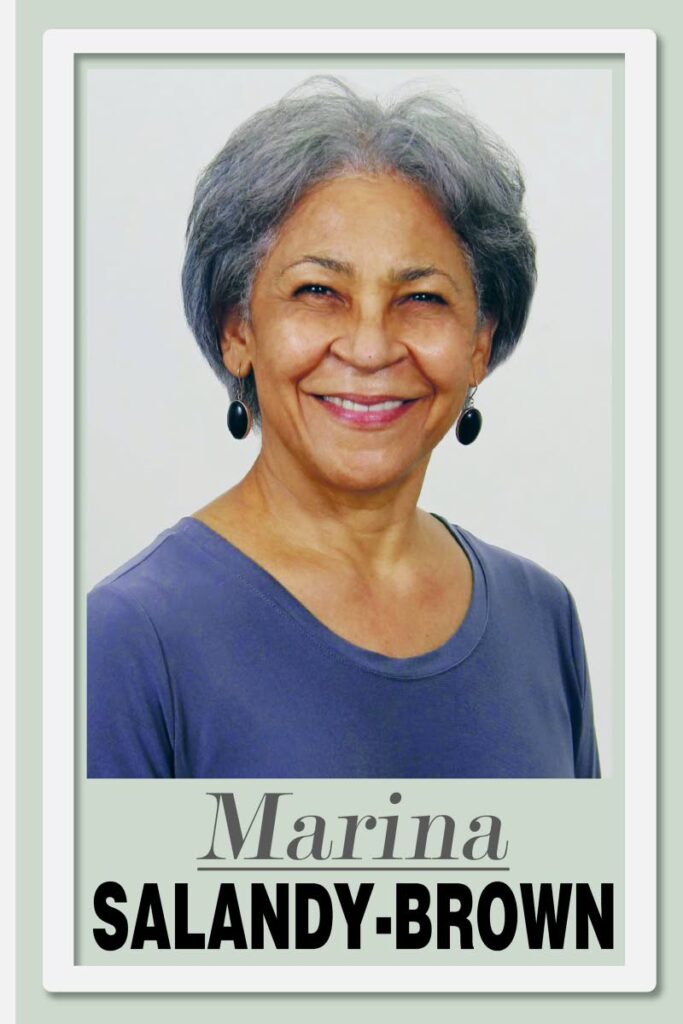The continent next door

Trindad and Tobago celebrated its 61st anniversary of independence just two weeks ago.
It sounds like a long period of self-determination, but it is very short compared with our Latin American cousins.
Ten days ago, Brazil marked 201 years since shrugging off Portuguese colonial rule. Outgoing ambassador Rodrigo Do Amaral Souza bid farewell to TT by conferring the Grand Cross of the Order of Rio Branco on Minister of Foreign Affairs Dr Amery Browne, TT’s former ambassador to Brazil.
On Tuesday, Mexico’s ambassador Víctor Hugo Morales Meléndez celebrated 213 years of ending Spanish rule with a splendid display of Mexican heraldry at the National Academy for the Performing Arts.
Venezuela, to whom we are especially close, is celebrating 211 years. On Thursday, Ambassador Alvaro Sanchez Cordero hosted our National Philharmonic Orchestra in concert to commemorate 61 years of diplomatic relations between Venezuela and TT.
Peru’s Ambassador to TT David Malaga marked 202 years of Independence and 55 years of friendship with TT with a food festival that ended yesterday.
What made international news, however, was the 50th anniversary last Tuesday of the historic coup against a democratically elected government in Chile that became a milestone in our shared history, a day people around the world still remember, and the subject of this column before.
The name Dr Salvador Allende became almost as legendary as that ofJuan Perón in Argentina and Ché Guevara or Fidel Castro in Cuba, not because he was a larger-than-life charismatic character or a defiant communist, but because as a socialist president of Chile he tried to restructure Chilean society along socialist lines within a democratic model of government, at a time when it was considered deviant to do so.
In those Cold War days, one had to be firmly planted in one camp or the other. Extreme politics – capitalism on the right, communism on the left – was the order of the day. Current confusing situations such as Russia’s right-wing dictatorship pretending to be a democratically elected government of the left would have been unimaginable.
Salvador Allende’s brutal sacking is as legendary as what followed was shocking. His Popular Unity Party was a coalition comprising parties on the left, and he himself was a member of the Socialist Party. Many considered him a touchstone as the first democratically elected Marxist in the days of US vs USSR political polarisation.
It hardly mattered that he had always functioned within the democratic process as a member of the senate and as the minister of health who introduced legislation that created the Chilean national health service, the first in the Americas to guarantee universal health care. His nationalisation of foreign assets, redistribution of wealth and foreign policy that embraced Cuba and China terrified the US, and the CIA stoked civil unrest as the economy stagnated and foreign investment disappeared.
The country was on its knees financially and socially, and although Allende retained the support of the lower classes, the middle classes were vehemently opposed to him and his policies.
On September 11, 1973, Chile’s military jets bombed the presidential palace to start a coup that sank Chile into 17 years of violent repression. Allende took his own life that day, after giving a final defiant address to the country, but his supporters fared much worse.
The infamous General Pinochet and his regime "disappeared'" 3,000 citizens and viciously tortured tens of thousands more. Pinochet was indicted for human-rights violations and other charges were laid but he was never punished. Chile, his victims and their children still bear the scars.
In Cold War times leaders who tried to forge independent paths were popular heroes – Michael Manley in Jamaica, Castro in Cuba, Nyerere in Tanzania and the likes of President Tito of Yugoslavia, champion of the non-aligned movement (NAM) which sought to hinder member states becoming pawns in the struggles between the major powers by giving them a voice in global politics.
Those leaders’ actions then were as significant in their time as making a stand on reducing carbon emissions is today. Ironically, it was the decision of OPEC members to cut oil production in 1973 that made those recently independent begin to feel we could control our resources.
TT had observer status at OPEC and benefited hugely from the sharp increase in oil prices. Member states co-ordinated oil production and exports in order to prevent the world’s big oil companies and the industry from keeping market prices low when we needed to fund our development. OPEC was a chance for us to tell the bosses “we quit,” just as Nasser had done in 1956 when he seized control of the Suez Canal from British and French interests.
OPEC has disappointed and so has independence. Continental countries, nearly all born out of violence, have suffered economic instability and political strife, yo-yoing between democracy and military dictatorship. Latin America, like us, is a work in progress, even 200 years later. Happily, we have begun to value the bonds we share and the goal of building more inclusive societies that are safe and fair. Our trade and cultural exchanges are increasing, as are joint efforts at security and converging interests in foreign and economic policy.
Congratulations to Chile, which celebrates 213 years of independence tomorrow.


Comments
"The continent next door"